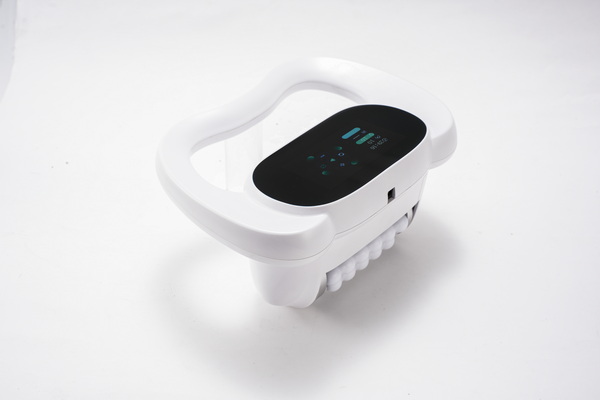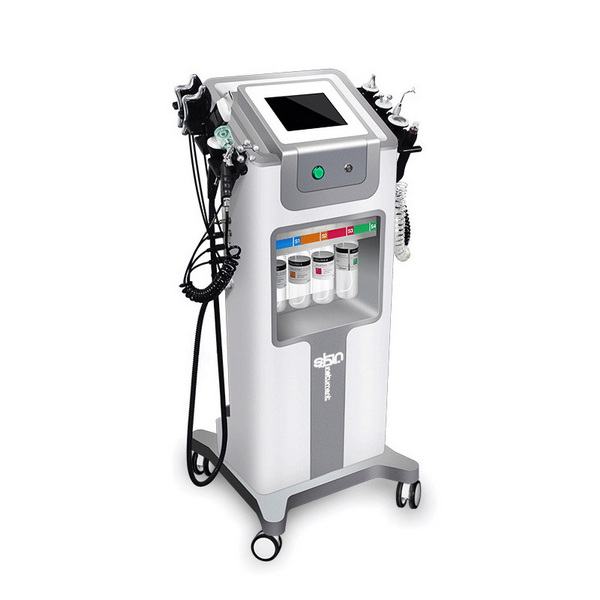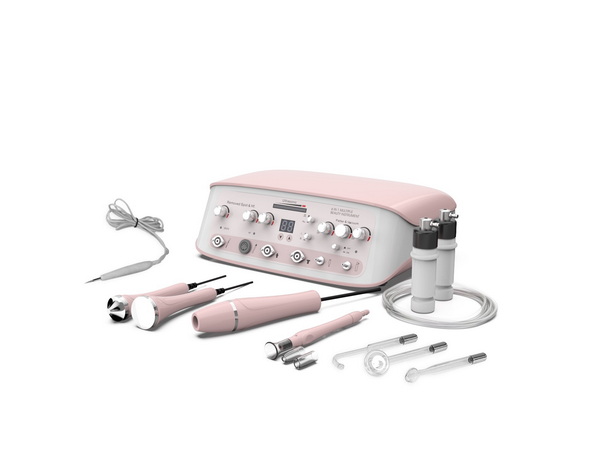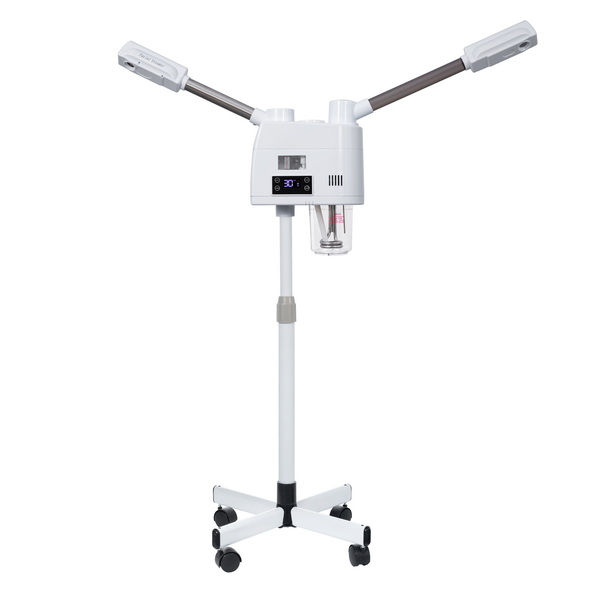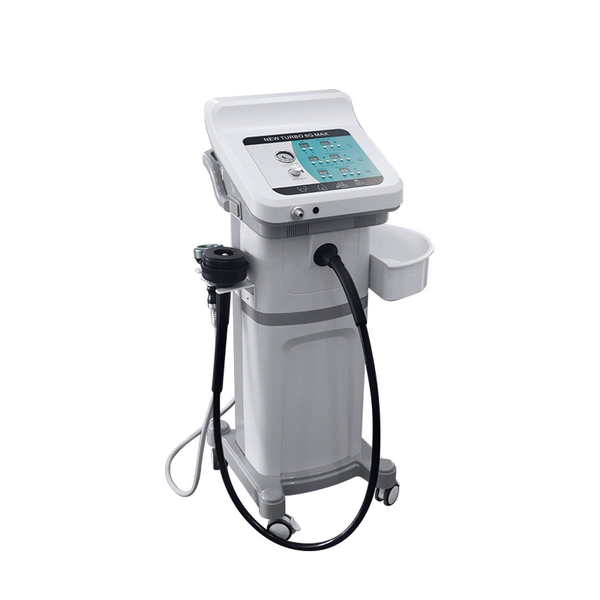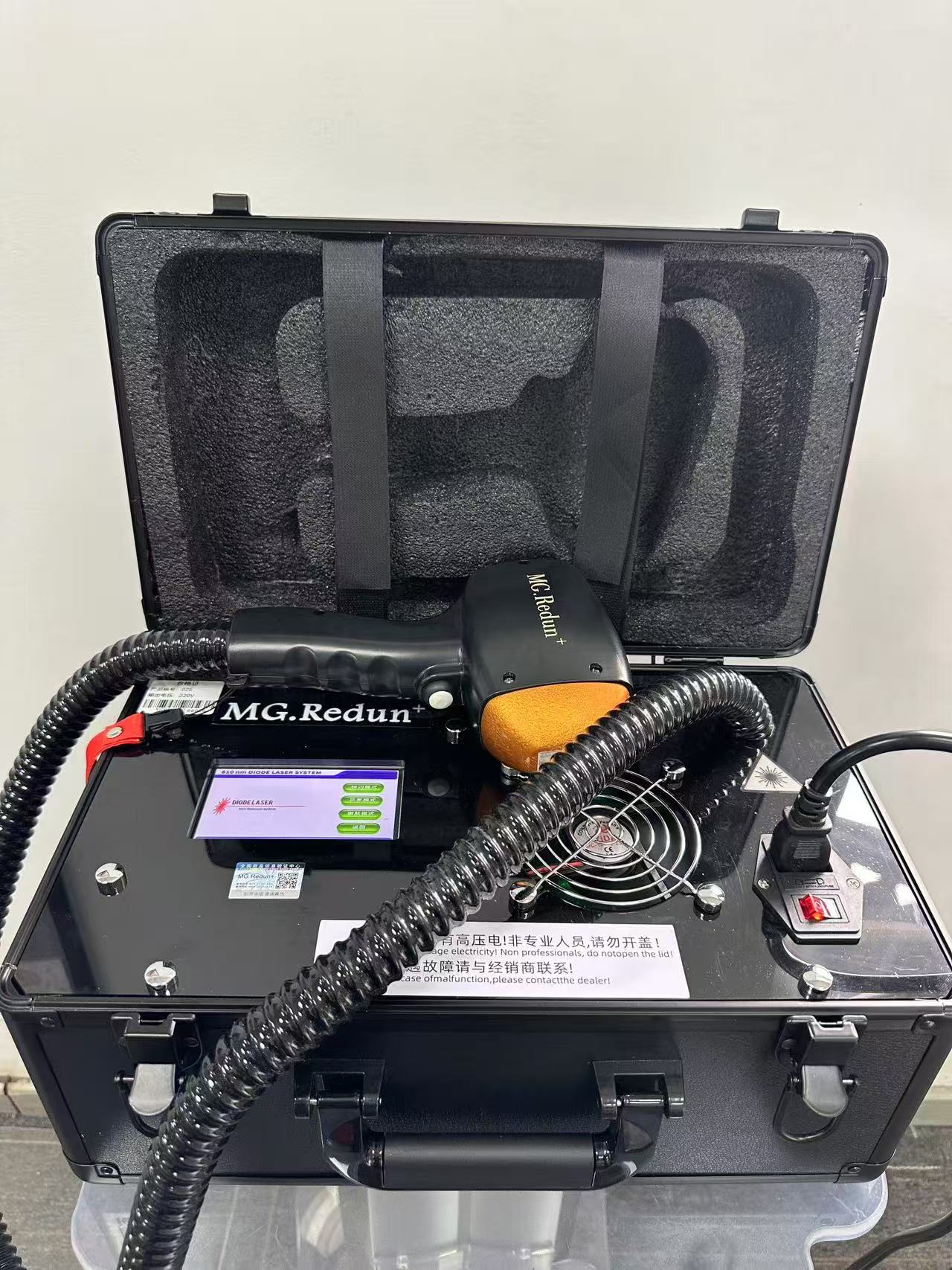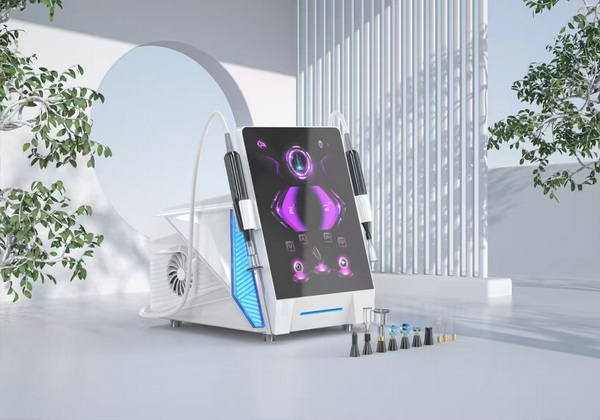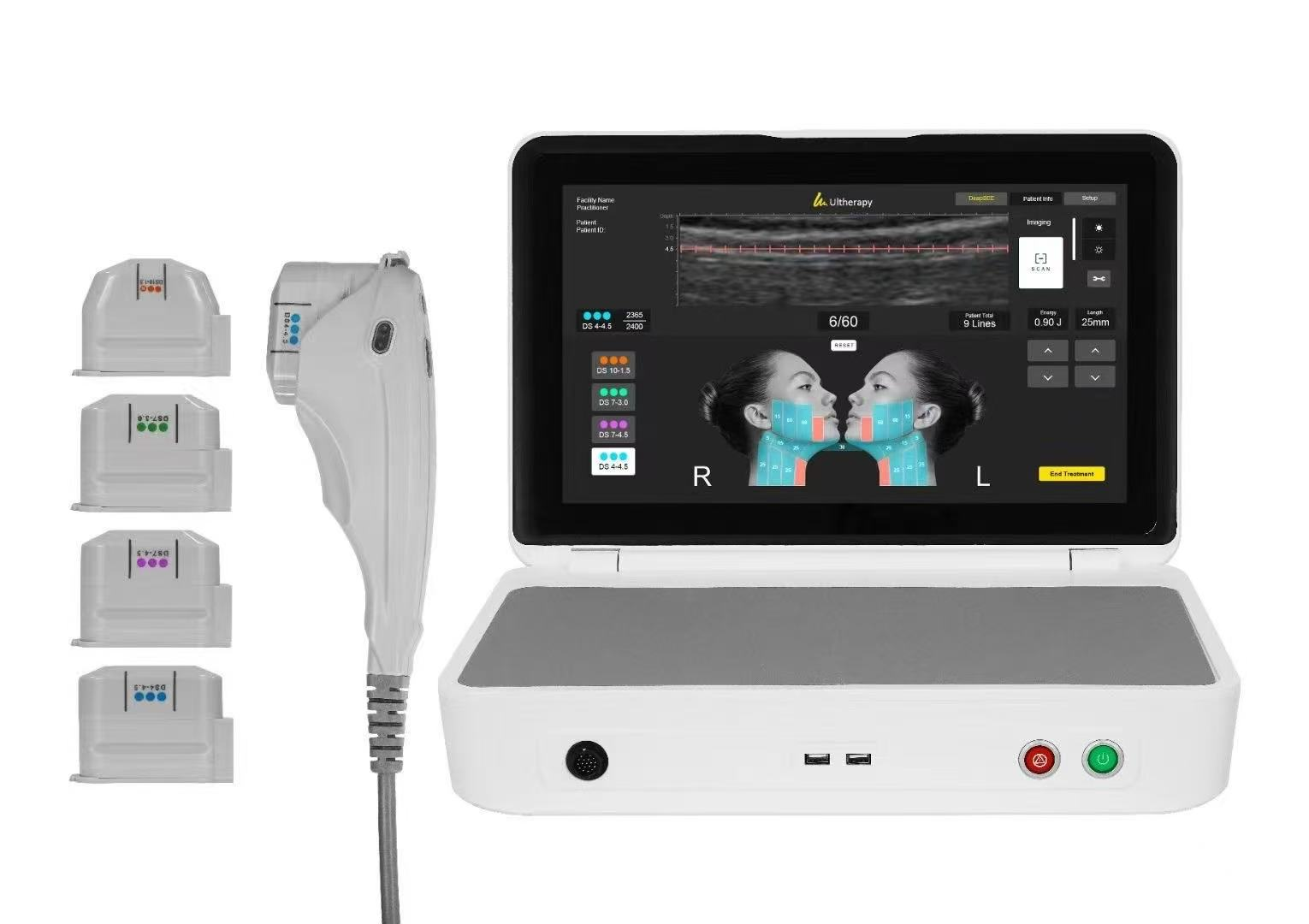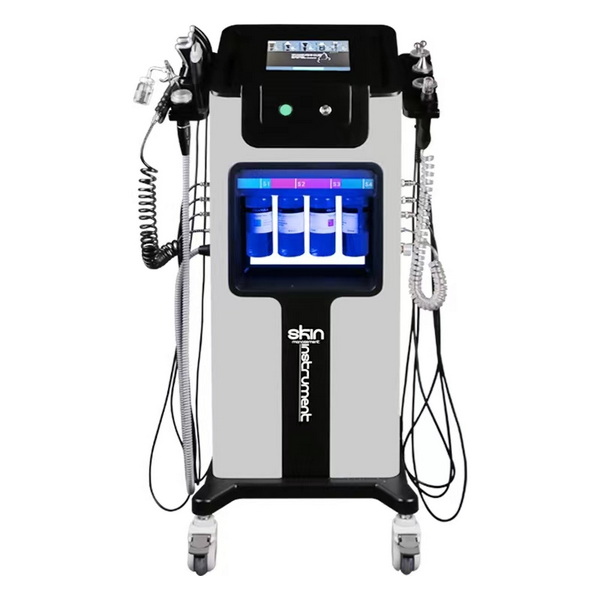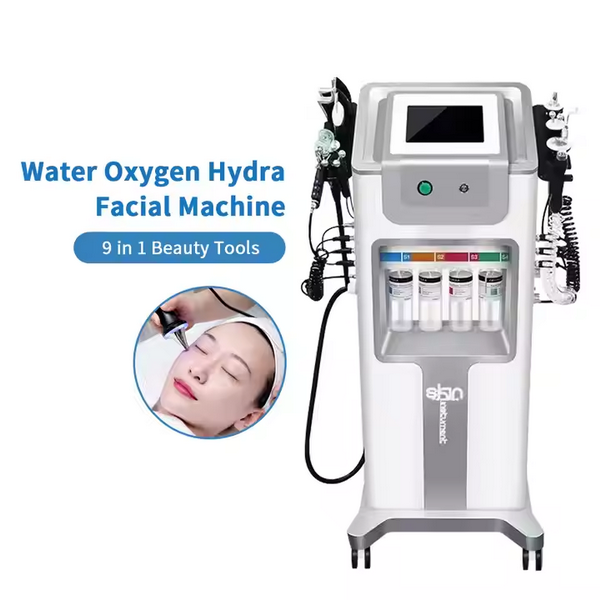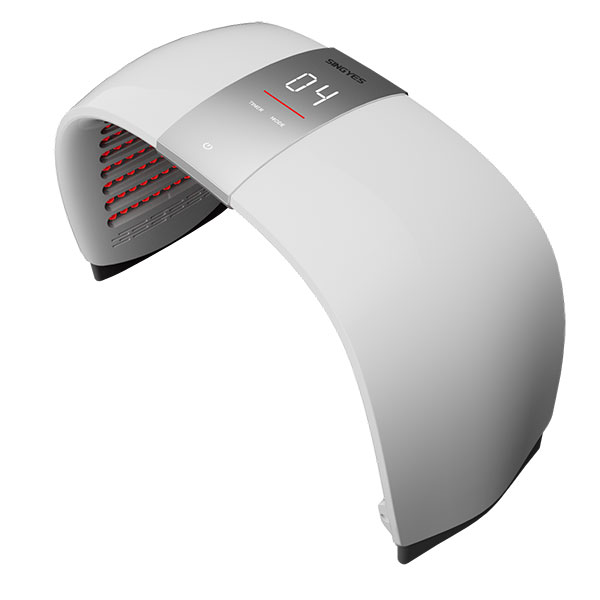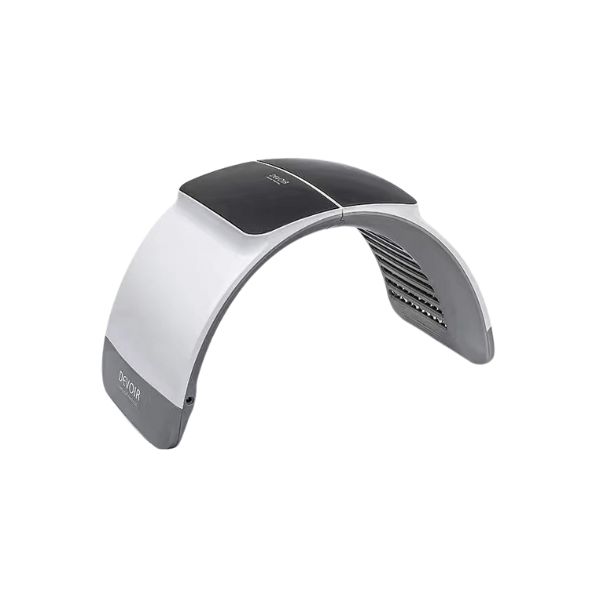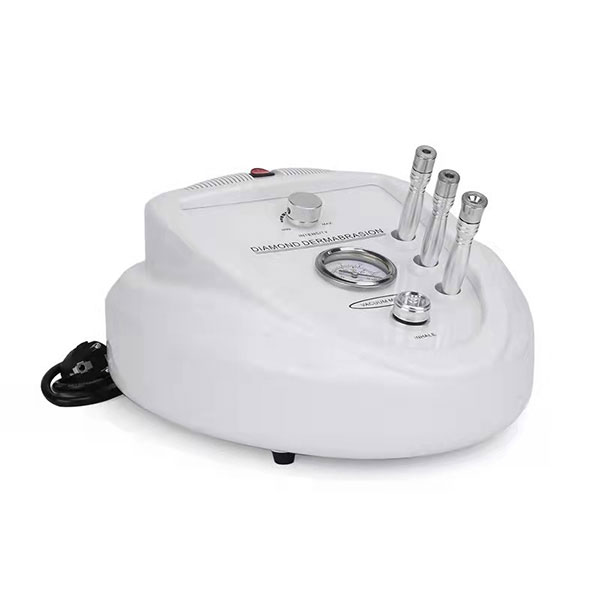In any professional environment, maintaining hygiene is paramount. This is especially true in fields like beauty, healthcare, and food services, where tools come into direct contact with clients and patients. A tool sterilizer plays a crucial role in ensuring that all instruments are free from harmful microorganisms. In this article, we will delve into what a tool sterilizer is, its importance, types, features, and tips for effective usage.
What is a Tool Sterilizer?
A tool sterilizer is a device designed to eliminate all forms of microbial life, including bacteria, viruses, fungi, and spores, from tools and instruments. This process is vital in preventing infections and maintaining a safe environment for both practitioners and clients.
Why is Sterilization Important?
Sterilization is a critical step in any sanitation protocol. Here are some reasons why using a tool sterilizer is essential:
- Infection Control: It helps prevent the transmission of infectious diseases.
- Client Trust: Clients feel safer knowing that their tools are properly sterilized.
- Regulatory Compliance: Many industries have strict regulations regarding sanitation practices.
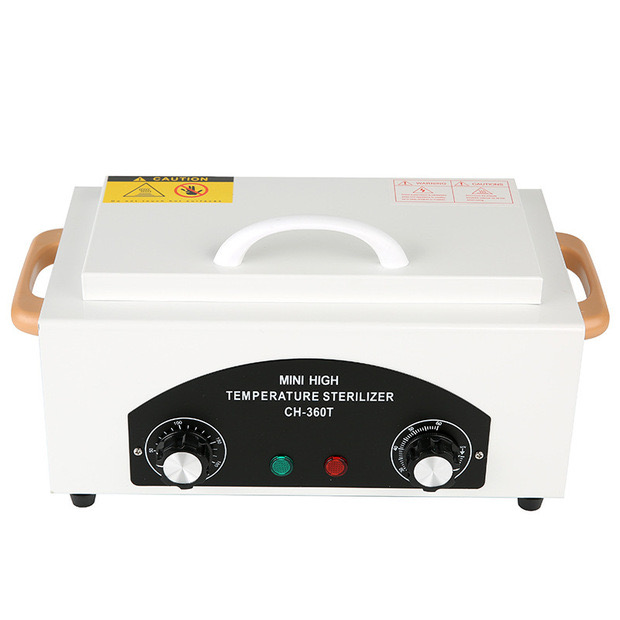
Types of Tool Sterilizers
Understanding the different types of tool sterilizers can help professionals choose the right one for their needs.
Autoclave Sterilizers
Autoclaves use steam under pressure to achieve high temperatures, effectively killing microorganisms. They are widely used in medical and dental practices.
Key Features:
- Fast and efficient sterilization process.
- Ability to sterilize a wide range of materials.
Dry Heat Sterilizers
Dry heat sterilizers use high temperatures to kill bacteria and spores. They are ideal for tools that can be damaged by moisture.
Key Features:
- No moisture, reducing the risk of rust on metal instruments.
- Longer sterilization cycles compared to autoclaves.
Chemical Sterilizers
Chemical sterilizers use liquid or gas chemicals, such as ethylene oxide or hydrogen peroxide vapor, to sterilize tools. They are suitable for heat-sensitive instruments.
Key Features:
- Effective for a wide variety of materials.
- Lower temperature requirements compared to autoclaves.
UV Sterilizers
UV sterilizers use ultraviolet light to kill microorganisms. They are often used for quick disinfection rather than complete sterilization.
Key Features:
- Fast and efficient.
- Ideal for surfaces and tools that cannot withstand heat.
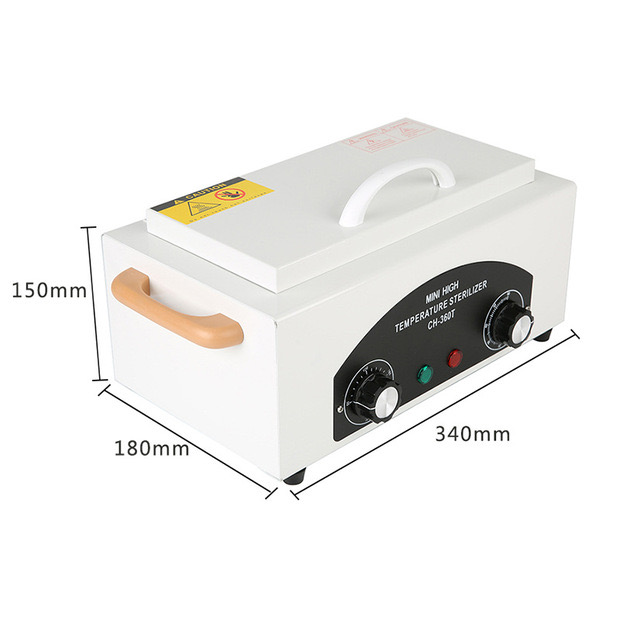
Features to Look for in a Tool Sterilizer
When choosing a tool sterilizer, several features should be considered to ensure maximum efficiency and safety.
Capacity
Consider the volume of tools you need to sterilize at once. Some sterilizers can handle larger loads, which can save time in busy environments.
Cycle Time
Different sterilizers have varying cycle times. If you need quick turnaround, look for models with shorter sterilization cycles.
Ease of Use
User-friendly controls and clear instructions are essential for efficient operation. Make sure the device is easy to operate and maintain.
Safety Features
Look for sterilizers with built-in safety features, such as automatic shut-off, to prevent overheating and ensure safe operation.
Portability
For mobile services, consider a portable tool sterilizer that can be easily transported.
Tips for Effective Usage of Tool Sterilizers
Using a tool sterilizer properly is crucial for achieving effective sterilization. Here are some best practices to follow:
Pre-Cleaning Tools
Before placing tools in the sterilizer, make sure to pre-clean them to remove any visible dirt or organic material. This step enhances the effectiveness of the sterilization process.
Follow Manufacturer Instructions
Always adhere to the manufacturer’s guidelines regarding load capacity, cycle times, and maintenance procedures. This ensures optimal performance and longevity of the device.
Regular Maintenance
Routine maintenance is vital to ensure your tool sterilizer operates efficiently. Regularly check and clean filters, and perform any necessary calibration.
Monitor Sterilization Indicators
Use sterilization indicators, such as chemical indicators or biological indicators, to verify that the sterilization process was successful.
Keep Records
Maintain a log of sterilization cycles, including dates and any issues encountered. This practice is beneficial for regulatory compliance and quality control.
Conclusion
A tool sterilizer is an indispensable component in maintaining hygiene and safety in various industries. By understanding its importance, types, and features, as well as following best practices for use, professionals can ensure a safe environment for their clients. Investing in a high-quality sterilizer not only protects health but also enhances the overall reputation of your business.

